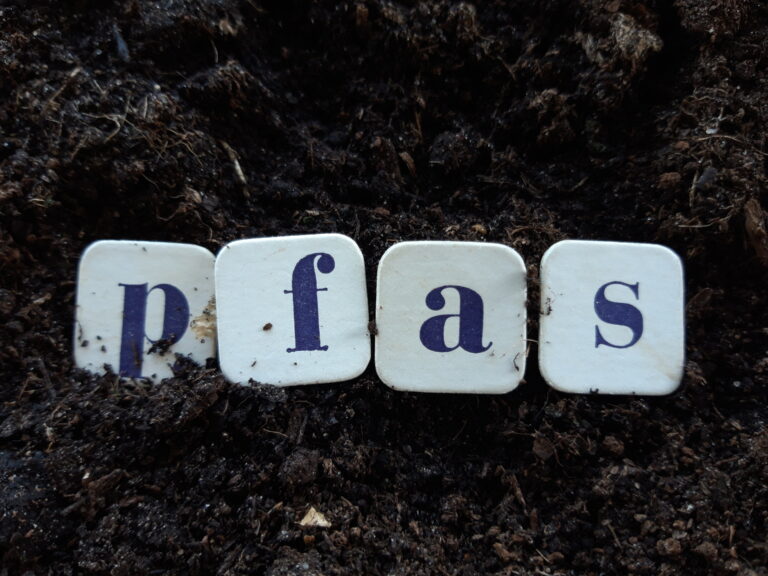In the last two months, two noteworthy actions have been taken to significantly reduce the long-contentious issue of PFAS in foods:
- February 28: Through an FDA-led but voluntary commitment by manufacturers, grease-proofing materials containing per- and polyfluoroalkyl substances (PFAS) are no longer being sold for use in food packaging in the U.S.
- March 20: FDA issued Import Alert 99-48, giving the agency authorization to detain without physical examination (DWPE) imports found to have detectable levels of chemical contaminants that may present a safety concern to human health, including PFAS as well as a broad range benzene, dioxins, and polychlorinated biphenyls (PCBs).
The manufacturer commitment to not sell food contact substances containing certain PFAS intended for use as grease-proofing agents in the US (e.g., fast-food wrappers, microwave popcorn bags, take-out paperboard containers and pet food bags) removes what had been the major source of dietary exposure. However, it applies only to US manufacturers, thus the FDA took an additional step to help decrease the potential of PFAS exposure from imported foods.
The March Import Alert covers specific firms and their food products with levels of chemical contaminants that could be injurious to health, as identified on the Red List of the Alert. The alert was issued based on FDA’s 2022 targeted survey for PFAS analytes in 81 seafood samples collected at retail (including clams, cod, crab, pollock, salmon, shrimp, tuna, and tilapia), most of which were imported to the US. With a resulting determination that certain samples of canned clams from China are likely a health concern, these products can be subject to DWPE.
The FDA also plans to conduct a targeted survey of molluscan shellfish this year, and this new Import Alert could be used to refuse entry of these foods as well if contaminated with PFAS at levels which FDA considers presents a health risk to consumers. Additional firms/products may be added based on case-by-case FDA evaluations.
To be released from a DWPE, the owner, consignee, or other responsible party to the shipment must provide evidence to FDA that the shipment is not adulterated. This may include the results of private laboratory analysis of a representative sample of the shipment, which demonstrates that the product does not bear or contain levels of chemical contaminants of health concern. Additionally, information should be provided to the FDA to adequately demonstrate that the firm has taken corrective action to ensure that future entries will be in compliance.
Currently, certain PFAS are authorized for use in specific food contact applications such as cookware and certain food processing applications for their non-stick and grease, oil, and water-resistant properties. FDA’s authorization requires that available data and information demonstrate that there is a reasonable certainty of no harm under the intended conditions of use. In 2024-2025, the agency plans to continue to increase its lab capacity to enable further testing to estimate U.S. consumers’ exposure to PFAS from foods.
Because the FDA does not have set levels for most chemical contaminants in food, including PFAS, the Agency assesses foods on a case-by-case basis, to determine whether the type and level of the contaminant found in the food may pose a health concern, causing the food to be considered to be adulterated. With the current public outcry against chemicals, particularly PFAS, in foods, this more subjective practice can be of greater concern for manufacturers and importers, as there is not a specific level by which to assess one’s product. Given that – along with the current focus by a number of states on the banning of certain chemicals in foods and the heightened FDA attention to these – it is advisable that all in the food industry take a look at your products and supply chain to determine the potential chemical hazards – and keep an eye on trends and regulations to keep your products in compliance.





